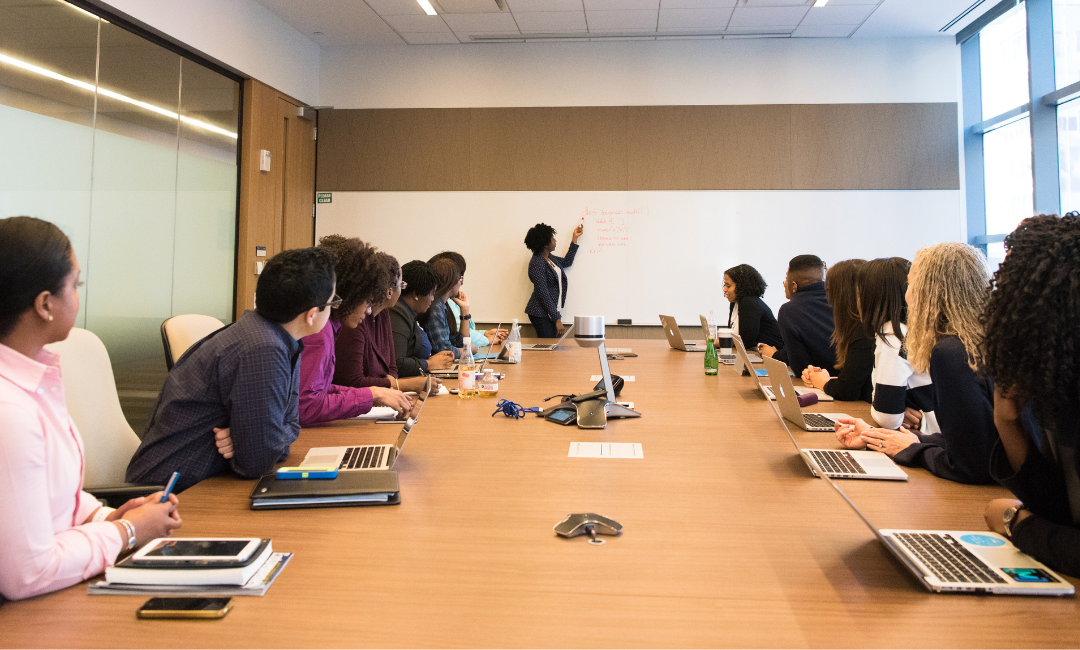The United Nations’ World Day Against Trafficking in Persons last week (July 30) is an opportunity for businesses to take action to proactively prevent and address human trafficking in their supply chains. UN Secretary-General António Guterres’ message highlighted the unique role businesses play in ensuring that they do not benefit from this crime that affects men, women, and children in every country around the world in industries “from construction to food production to consumer goods.” Consumers are becoming increasingly aware of the prevalence of human trafficking in the production of common goods and services and are looking for companies to do and share more about their actions to address this issue.
Here are three steps companies can take:
Conduct Risk Assessments
Diagnostics and research done by sector, product, raw material, country, or supplier paired with nuanced knowledge and understanding shed light on potential issues in a company’s supply chain. This knowledge provides opportunities to proactively avoid and address possible risks of human trafficking and child labor.
TRAIN YOUR EMPLOYEES
A company’s employees are its greatest asset when preventing and addressing human trafficking in its supply chain. Ensuring management, legal counsel, employees, suppliers, and subcontractors have the knowledge and skills to understand, identify, and address human trafficking and child labor is key to any company’s anti-human trafficking policy and strategy.
KNOW THE LAWS
The regulatory landscape and its enforcement are evolving as we learn more about the prevalence of human trafficking in the production of common goods and services. A keen understanding of the laws and regulations surrounding human trafficking and child labor equips companies with the knowledge needed to ensure its operations remain legal, compliant, and diligent.
Taking these three steps is a solid start to a corporate social responsibility, compliance, and due diligence strategy to prevent and address human trafficking. Actions to combat human trafficking are not only good business, but are good for business as consumers increasingly seek out and engage with socially conscious companies. As we reflect on this year’s World Day Against Trafficking in Persons, we invite companies to reflect upon what they are doing to address human trafficking in its supply chains.
There are also opportunities for service-based companies and organizations to prevent and address human trafficking through corporate social responsibility projects or public-private partnerships where employees are able to positively engage with this issue in their communities and beyond.
For more information on the Warnath Group’s custom business services and programs to help your company or organization achieve its compliance, due diligence, and corporate social responsibility goals, please contact us at info@warnathgroup.com or through the contact form below.

